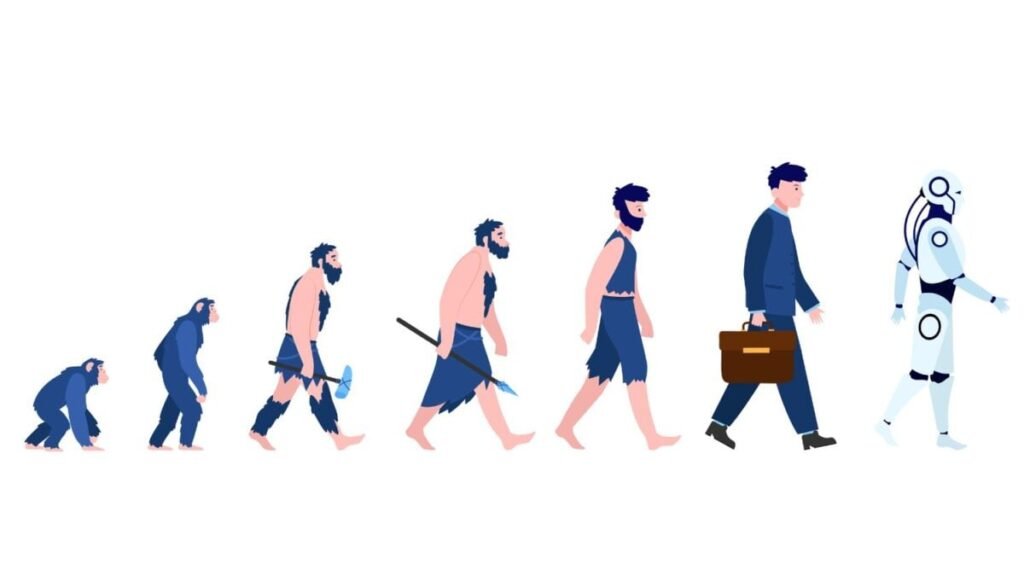Humans of Tomorrow: Are We Designing Our Own Technological Extinction?

Anthropological evolution studies our past to understand who we are and where we are going. However, the future of Homo sapiens poses a dilemma: biology remains almost unchanged while technology radically transforms our way of living, thinking, and relating. This asymmetry could mark the beginning of a new stage… or the path towards our self-destruction.
### Stopped evolution, accelerated culture
Today we are 8 billion people distributed all over the planet, not spreading evenly. The diversity of environments and cultures makes stable biological evolution unlikely. However, culture —and with it our biology— does evolve, thanks to our ability to integrate tools, ideas, and behaviors that modify our way of being.
### Cyborgs for millennia
We delegate physical and cognitive functions to external elements: from carved stone to artificial intelligence. Each technological advance has sparked concern, but historically technology has expanded our capabilities. We are, essentially, a hybrid species, adapted to live connected to our tools, making us cyborgs for hundreds of thousands of years.
### The risk of extreme specialization
Like any hyperspecialized species, our technological dependence could backfire if the environment changes or if innovation spirals out of control. The gap between a static biology and a culture in constant acceleration generates tensions for which we are not prepared. The balance between the new and the old is key to avoiding both stagnation and chaos.







